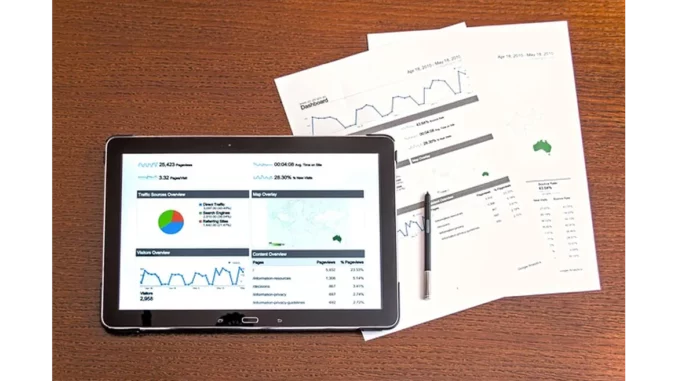
Summary
Data Compliance: A Strategic Imperative in the Digital Age
As organisations increasingly harness digital technologies, data compliance has become indispensable, safeguarding personal information amidst escalating cyber threats. “Adhering to compliance standards not only protects data but enhances business efficiency,” states Richard Halpern, a data security expert. With regulations like GDPR and CCPA setting stringent guidelines, non-compliance risks severe financial and reputational fallout.
Main Article
The Significance of Data Compliance
In the current digital landscape, the volume of data generated from online interactions—including browsing, social media usage, and Internet of Things (IoT) devices—has reached unprecedented levels. This data, while critical for generating business insights, also poses significant vulnerabilities. As organisations transition to cloud services and digital platforms, the importance of data compliance is magnified.
Data compliance encompasses adherence to various laws, regulations, and standards governing the collection, storage, processing, and sharing of data. These measures are designed to protect personal information from unauthorised access and misuse. Prominent regulations include the General Data Protection Regulation (GDPR), Health Insurance Portability and Accountability Act (HIPAA), and the California Consumer Privacy Act (CCPA). Non-compliance with these regulations can result in severe financial penalties, legal ramifications, and damage to a company’s reputation.
The Role of Data Compliance in Mitigating Risks
According to the 2023 IBM Cost of a Data Breach report, the average cost of a data breach is approximately USD 4.45 million, highlighting the urgent need for robust data compliance measures. Compliance frameworks such as SOC 2, ISO 27001, and NIST 800-53 provide essential guidelines for safeguarding data integrity, confidentiality, and availability.
Beyond avoiding penalties, data compliance serves as a strategic initiative that enhances operational efficiency and profitability. By implementing stringent data compliance standards, organisations can identify and mitigate vulnerabilities, maintain data accuracy, and optimise data management processes. This proactive approach not only reduces breach risks but also improves data quality and decision-making capabilities.
Building Trust Through Data Compliance
In an era marked by growing concerns over data privacy, compliance plays a crucial role in building trust with customers and stakeholders. Organisations prioritising data compliance exhibit a commitment to ethical data handling, thereby fostering transparency and accountability. This approach cultivates customer confidence and loyalty, providing a competitive advantage in the marketplace.
Moreover, data compliance facilitates global market access by ensuring adherence to international data protection standards. As businesses expand their operations across borders, understanding and complying with diverse regulations becomes imperative. Compliance with global standards like GDPR enables organisations to operate seamlessly in international markets, avoiding legal hurdles and enhancing their reputation.
Challenges and Opportunities in Data Compliance
The shift to cloud technologies introduces unique challenges for data compliance, including issues related to data sovereignty and jurisdiction when data is stored across multiple geographic locations. Organisations must navigate these complexities by choosing compliant cloud service providers and implementing robust data governance strategies.
Despite these challenges, data compliance presents significant opportunities for innovation and growth. By leveraging advanced technologies and analytics, organisations can enhance their compliance efforts and extract valuable insights from their data. Automated compliance tools facilitate real-time monitoring and risk assessment, streamlining compliance management and reducing operational costs.
Detailed Analysis
Data compliance is not merely a regulatory obligation but a strategic asset in the digital age. Compliance frameworks such as SOC 2 and ISO 27001 offer a blueprint for organisations to safeguard data integrity. “Compliance is a key factor in mitigating risks and driving efficiency,” asserts Sarah Whitmore, a compliance strategist. As businesses become increasingly data-driven, maintaining high data quality and decision-making capabilities through compliance becomes crucial.
The evolving regulatory landscape necessitates that organisations remain agile and informed. Compliance with international regulations like GDPR not only avoids legal pitfalls but also enhances global market access. By prioritising data compliance, companies position themselves as trusted entities in a competitive marketplace.
Further Development
As the digital landscape evolves, the regulatory environment is expected to become more complex. Organisations must stay abreast of changes to data protection laws and adapt their compliance strategies accordingly. The development of AI and machine learning technologies offers new avenues for enhancing compliance efforts, promising more effective monitoring and risk management.
Readers are invited to stay informed about the latest developments in data compliance through ongoing coverage and expert insights. As regulations continue to shift, staying proactive and informed will be critical for maintaining a competitive edge in the data-driven world.

